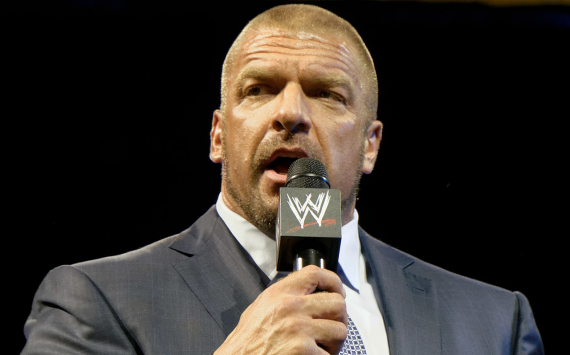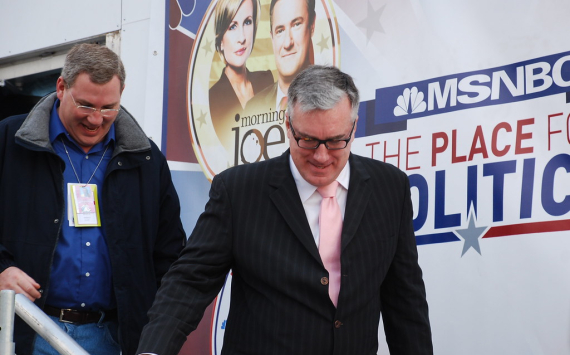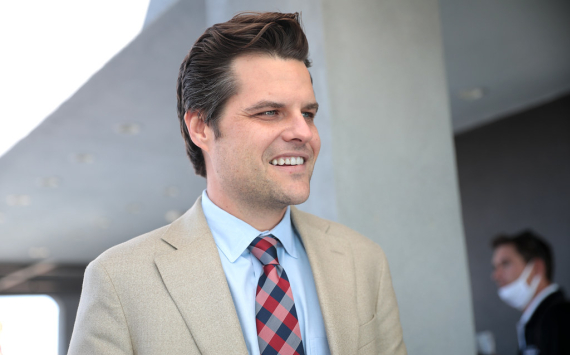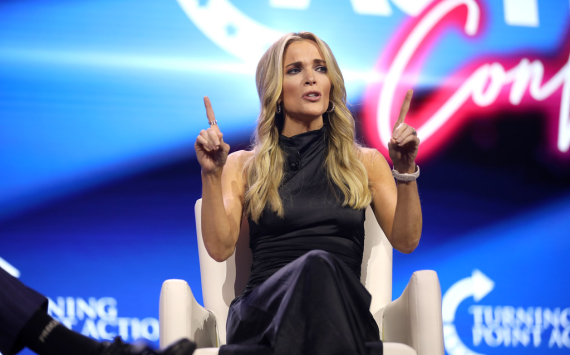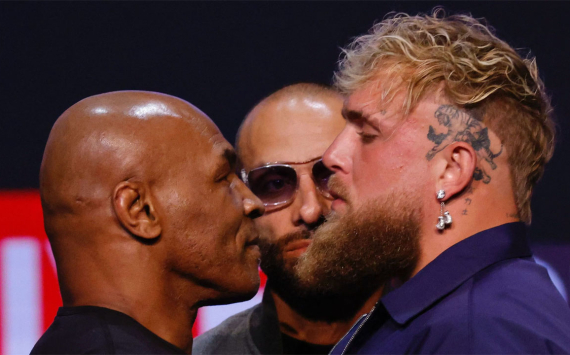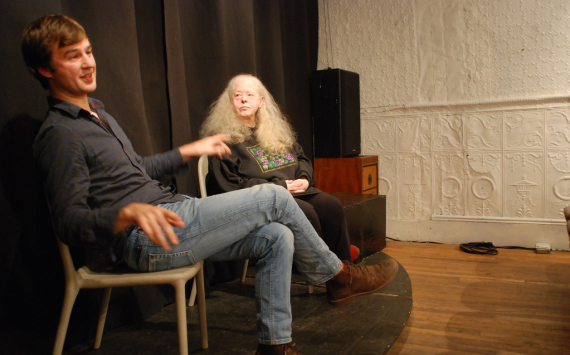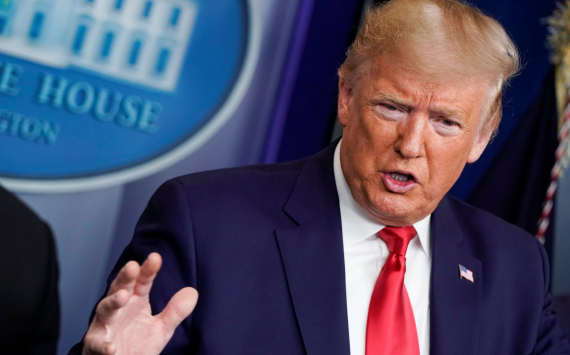
US President Donald Trump has walked back comments that seemed to suggest he was encouraging people to try to vote twice in the November 3 election.
Trump said people who vote early by mail should show up at polling places and vote again if their ballots haven't been counted, a slight walk back after he came under fire for suggesting people vote twice to test the mail-in system.
Trump claims, without evidence, that the November 3 election will be awash in fraud because so many voters will mail in their ballots to avoid being exposed to the coronavirus at polling sites.
The president said people could mail in their ballots as early as possible and then follow up with a trip to the polls to see whether their mail-in vote was tabulated. A top election official in North Carolina, where Trump initially broached the topic on Wednesday, discouraged voters from following Trump's advice.
"If it has you will not be able to Vote & the Mail In System worked properly," Trump said in a lengthy tweet. "If it has not been Counted, VOTE (which is a citizen's right to do)."
If the mail-in ballot gets to election officials after a person votes at the polls, the in-person vote will be ignored, he said.
"YOU ARE NOW ASSURED THAT YOUR PRECIOUS VOTE HAS BEEN COUNTED, it hasn't been 'lost, thrown out, or in any way destroyed'."
Voting by mail is meant to replace voting in-person during the pandemic, but Trump doesn't trust the mail-in system. Having mail-in voters show up at polling places also could create more confusion for election workers.
Trump first made the suggestion during his trip Wednesday to Wilmington, North Carolina.
North Carolina's attorney general, Democrat Josh Stein, said it was outrageous for the president to suggest that people "break the law in order to help him sow chaos in our election".
"Make sure you vote, but do NOT vote twice!" Stein tweeted. "I will do everything in my power to make sure the will of the people is upheld in November."
It's a felony under North Carolina state law to vote twice. Once someone has cast an absentee ballot, that person may not change or cancel it, or decide to vote in person on Election Day, according to the state election board's website.
Karen Brinson Bell, executive director of the North Carolina State Board of Elections, noted in a statement that it's illegal to intentionally vote twice. She said there are numerous measures in place to keep people from double voting, including electronic poll books at every early voting site with records of who has already cast a ballot.
She urged people not to show up to the polls on Election Day if they have questions about the status of the ballot they already mailed. "That is not necessary, and it would lead to longer lines and the possibility of spreading COVID-19," she said.
Instead, voters should check the board's website to find out if their ballot was accepted, use a tracking tool that will soon become available or contact county elections board with questions about the status of their ballot.
Attorney General William Barr, asked during a CNN interview about Trump's suggestion, said he didn't know the election laws in every state, but that he agreed with Trump's belief that mail-in voting is susceptible to fraud. "It's like "playing with fire", Barr said.
States that have relied on mail-in ballots say there is little evidence of fraudulent activity. Multiple studies have debunked the notion of pervasive voter fraud in general and in the vote-by-mail process.
The five states that relied on mail-in ballots even before the coronavirus pandemic — Colorado, Hawaii, Oregon, Washington and Utah — have said they have necessary safeguards in place to ensure against fraud and to prevent hostile foreign intruders from trying to influence the vote. More states intend to rely more heavily on mail-in voting this fall because of the pandemic.
Barr cited a report from more than a decade ago from a commission led by former President Jimmy Carter and former Secretary of State James Baker that said vote-by-mail was vulnerable to fraud. But the commission pointed out in a statement in May that it had found little evidence of fraud in states such as Oregon that had sufficient safeguards.



